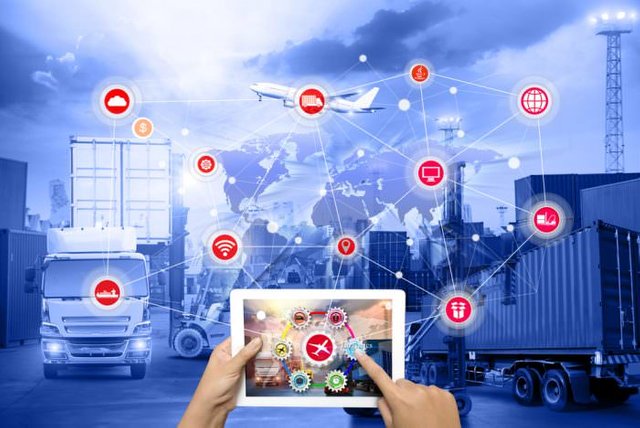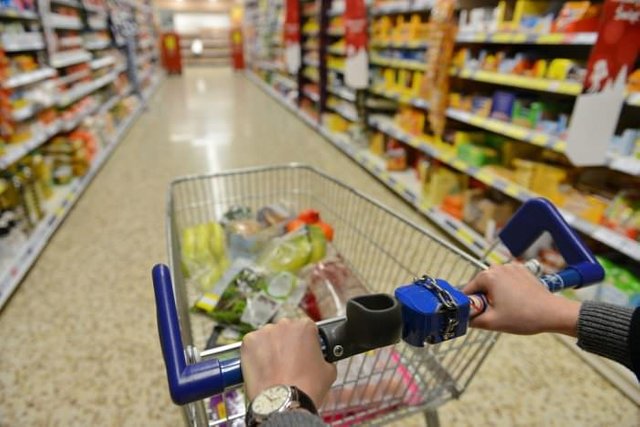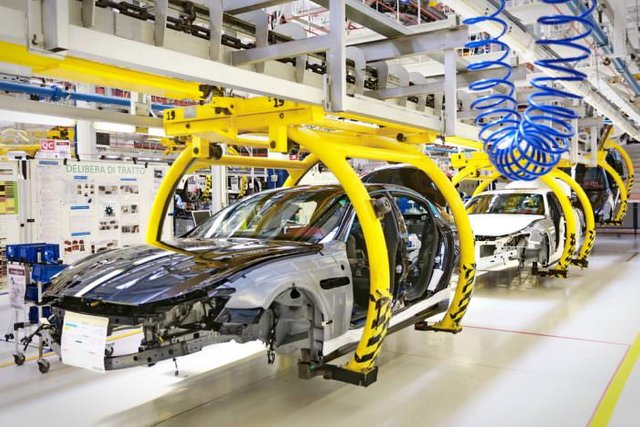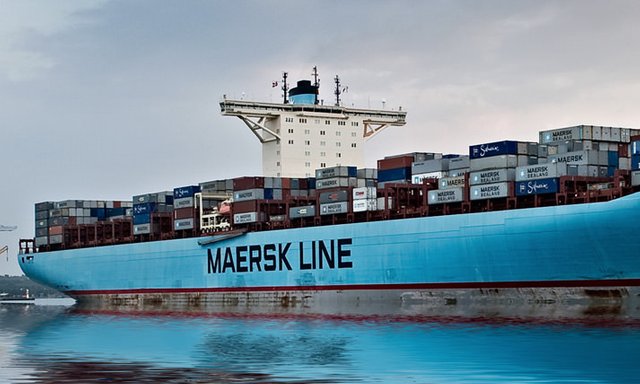Blockchain can unlock and unblock the supply chain
Blockchain is the perfect fix for fragmented, global supply chains that lead to huge stacks of paperwork and regularly feature costly delays.
Not only this, but the secure, transparent nature of blockchain naturally goes a long way to boosting trust, a commodity that tends to be in short supply across international supply chains.
Globalization means supply chains have become ever more complicated, with perishable goods being shipped around the world and auto manufacturers often transporting thousands of components across borders to make a single vehicle.
Despite developments such as the move from train to truck hauliers, the advent of shipping containers in the 1960s and the emergence of computers, global supply chains remain dependent on a complicated web of point to point contacts. This tends to generate an awkward trail of paperwork.
Blockchain potential
Blockchain is a data structure that enables the creation of a digital ledger that can be shared across a broad network of computers. Participants in the network can update the ledger securely and share access to this same information with multiple parties, virtually in real time.
Transporting goods across the global supply chain currently involves processing information between land transport providers, freight forwarders, customs brokers, governments and ocean carriers.
Complex point to point communication means the cost of processing information on shipments typically represents around a fifth of the cost of transporting the goods.
A blockchain system where the various parties involved with a shipment can update and share information virtually instantaneously, within a single digital ledger, stands to both significantly reduce costs and speed up the whole supply chain process.

Blockchain allows the various parties involved with a shipment to update and share information virtually instantaneously
Food and perishables
The potential improvements from using blockchain in the supply chain have caught the immediate attention of those dependent on the transportation of foods and other perishable goods. US-based supermarket operator Walmart has been piloting blockchain with an emphasis on using the technology to help manage food safety.
With multiple parties involved in the food chain, including farmers, processors and distributors, the ability to share information in an almost instantaneous way between various parties on the blockchain is expected to improve transparency and traceability of foods.
For a supermarket giant such as Walmart, it means being able to pinpoint problems concerning food consignments with greater uncertainty.
More trust
The use of blockchain in the supply chain should naturally boost trust between participants as they are left with a complete digital record of where goods have been.
UK-based blockchain software firm Provenance claims to have signed up 200 retailers and producers for its service to track food and drinks products throughout the supply chain. It also links origin of food products to social and environmental impact, claiming millennials in particular are prepared to pay more for this greater level of visibility.
Blockchain firm Everledger, meanwhile, offers a service to authenticate the origin of diamonds. Reducing the risk of fraud, Everledger claims to have encrypted the provenance of more than two million diamonds in the space of just three years.
Accuracy
The greater accuracy offered by blockchain in identifying issues should allow retail giants such as Walmart to take more targeted remedial action when necessary. This could mean withdrawing products from specific consignments without having to take the precaution of emptying its shelves of a whole product category when concerns arise.
Blockchain should allow retailers to more easily trace fresh food products all the way back to individual farmers. So, whenever customers raise issues about the quality of the foods they buy, blockchain could enable retailers to get to the root of the problem more quickly.

Blockchain enables retailers to quickly trace the exact source of fresh food products
Speeding up processes
The technology should dramatically cut down on documentation throughout the supply chain, moving information out of organizational silos and into a shared domain. Along with greatly improving transparency and traceability, reducing paperwork can naturally speed up the whole supply chain process.
This tends to be an important consideration for those transporting perishable goods, when delays can potentially lead to consignments becoming spoiled. Shipping company A.P. Moller-Maersk found that transporting a container of flowers from Kenya to Rotterdam through a conventional supply chain process generated around 200 separate communications.
Early this year, Maersk and IBM announced the formation of a joint venture to apply blockchain to improve global trade and digitize supply chains.
Just in time
The use of blockchain in the supply chain should also appeal to manufacturers that rely on just in time inventory management.
Toyota has been looking at applying blockchain to track the auto parts that move between its factories, many of which involve journeys across international borders. The automaker linked up with blockchain firm R3 at the end of 2016.
Considering that thousands of different parts are needed to build a single vehicle, having more accurate records, with new information shared in near real-time, could allow car makers to greatly boost efficiency.
The technology is likely to be equally attractive to manufacturers in other sectors that frequently transport large numbers of components between countries. For instance, aerospace manufacturers also tend to be dependent on transporting large numbers of components across borders.

Blockchain appeals to manufacturers that depend on thousands of different components
Shipping revolution
Blockchain promises to revolutionize the supply chain industry, with faster processes and big efficiency savings. Overall though, it is likely that 2018 will be remembered as the year when blockchain became firmly embedded in the shipping industry.
This could have important implications for the whole global economy; today, 90% of goods transported in international trade are carried by ship.
The World Trade Organization has calculated that lowering barriers across global supply chains could increase international trade volumes by 15% and raise global economic growth by as much as 5%.
Blockchain could well be the most important innovation in the shipping industry since the advent of shipping containers in the 1960s. The cost savings look set to be enormous; participants can reduce paperwork, fraud and delays.
Shipping companies are well advanced in partnering with blockchain firms as they attempt to reap the benefits of this technological revolution. The partnership between Maersk and IBM is perhaps the highest profile to date, but virtually all the major shipping lines have been involved in blockchain trials of some sort this year.

Shipping companies are fast developing their capabilities in blockchain
“Our trials have proven the viability of a shipping process in which many documents can be replaced by secure and distributed data sharing with clear and defined ownership. This gives companies a significant opportunity to save time and money while improving their service to customers.” says Adriana Diener-Veinott, managing director at the Freight & Logistics unit for global consulting firm Accenture.
This can only be good news for the customers of the shipping lines.
Danilo Figueiredo, vice president of international logistics for brewer AB InBev, adds: “Blockchain technology will be transformational to our business and the world. It reduces mistakes, digitizes information and improves the supply chain process so we can focus on our core business.”
We’ll drink to that.
Post written by James Hester
James Hester is a financial journalist, specialising in investment. He has spent much of his career writing about traditional asset classes like equities and bonds. But with a strong interest in technology, today he also enjoys covering cryptocurrencies.
Source https://dex.openledger.io/blockchain-can-unlock-and-unblock-the-supply-chain/
Text by Danny Bradbury
Source https://www.coindesk.com/what-its-like-to-be-a-woman-in-chinas-get-rich-quick-crypto-culture/
Follow OpenLedger!